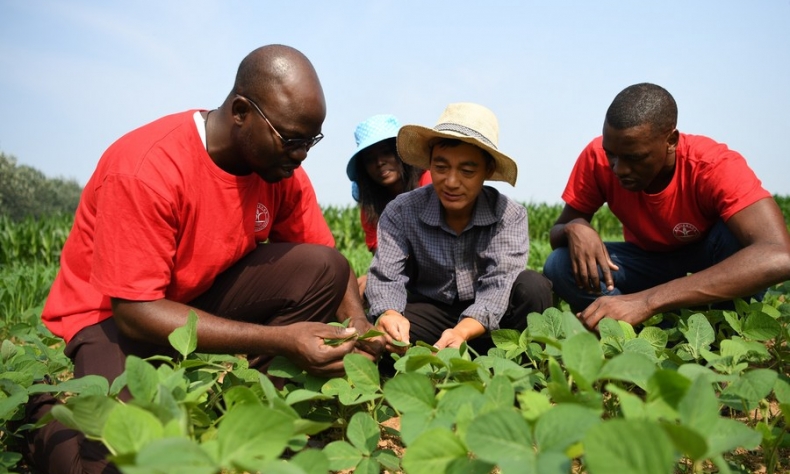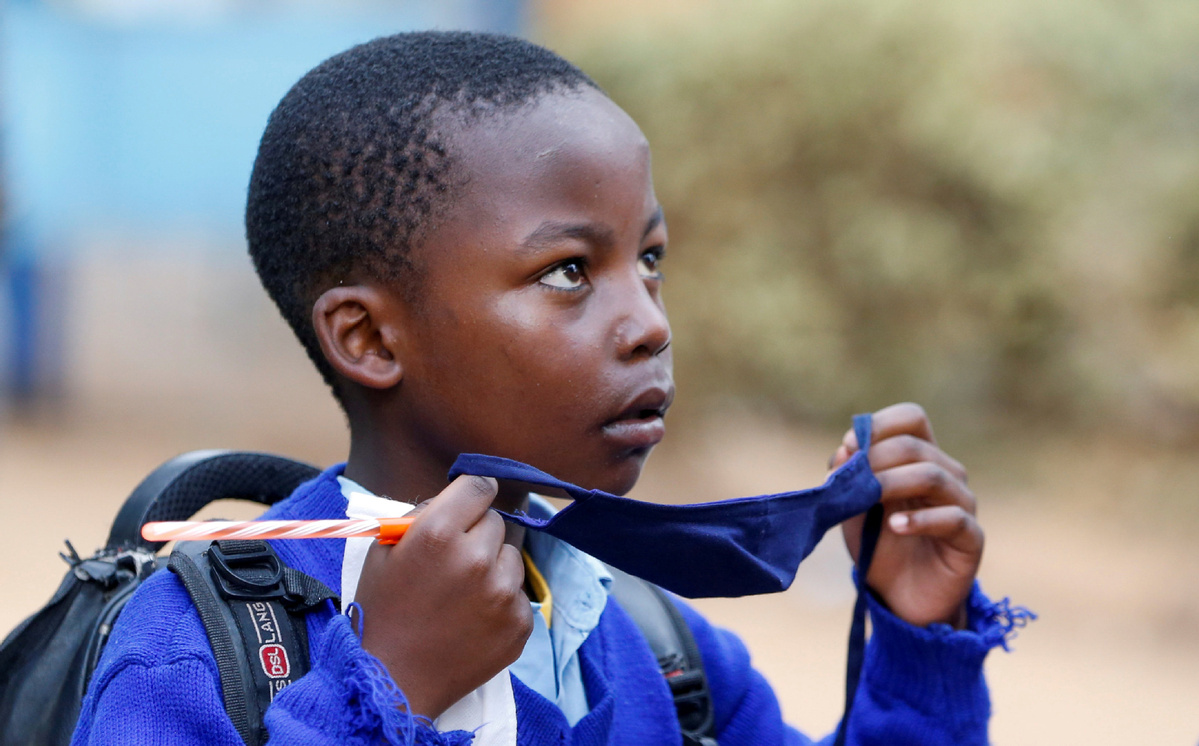South-South Cooperation in the Area of Human Rights: Realizing the ‘Bandung Spirit’

Through their joint accomplishments in the area of human rights Southern States are honoring the Bandung spirit. Their efforts to promote the right to development and racial justice are worthy of celebration on South-South Cooperation Day.
On September 12, we celebrate the United Nations Day for South-South Cooperation, which expresses the solidarity among the peoples and the nations of the Global South.
The groundwork for this southern solidarity was laid during the Bandung Conference, which took place 65 years ago. Attended by 29 newly independent states from Asia and Africa, it was the first South-South meeting of its kind. Indonesian President Sukarno, who hosted the conference and was one of its main initiators, rightly called it the first international conference of colored peoples in the history of mankind.
According to Sukarno, who had fiercely resisted imperialism to gain independence for his country and who would later fall victim to it, the aim of the conference was to give a voice to the peoples who had been voiceless for many generations. These were the peoples for whom decisions had been made by others whose interests were paramount, and who had lived in poverty and humiliation.
According to Chinese Premier Zhou Enlai, who headed the Chinese delegation, the conference signaled that the days when Western powers controlled the destiny of the African and Asian peoples were past.
From that moment on, the destiny of Asian and African countries would be in their own hands. Since the countries of Asia and Africa had been subjected to the same kind of colonial plunder and oppression, and since they shared the same desire to develop their economic and cultural potential, they found it easy to understand each other and to work together.
Sukarno acknowledged that the delegations represented a wide range of national entities, with different social backgrounds and cultures. However, by way of a prelude to the concept of developing a community of a shared future for all humanity now championed by China, it emphasized that individual countries and their people could maintain their distinct identities while pursuing a unified desire.
The conference served as a launching pad for South-South cooperation. It unleashed a “Bandung Spirit” encapsulated in ten principles, which included respect for the sovereignty and territorial integrity of all nations; non-interference in the internal affairs of another country; no country exerting pressure on another; refraining from acts or threats of aggression; settlement of all international disputes by peaceful means; and cooperation on the basis of promoting mutual interests.
Key among these principles were respect for human rights and the recognition of the equality of all races. In his opening address to the conference, Chinese Premier Zhou emphasized that people should enjoy fundamental human rights irrespective of their race or color and should not be subjected to any form of discrimination.

In this way, the delegates built on the contributions that representatives from Asian and African countries had already made in the drafting of the Universal Declaration of Human Rights.
Although as a result of colonialism these representatives had been small in numbers, they more than made up for that by the high quality and aptness of their contributions.
This included the efforts made by the Egyptian and Chinese representatives to ensure that the Universal Declaration would also apply to people living in the colonies. The Chinese representative, Zhang Pengchun, in particular played a very important part in the drafting process.
In light of the fact that racial justice and human rights played such an important part in South-South cooperation from the beginning, it was very fortunate that the Chinese government hosted two South-South Human Rights Forums in 2017 and 2019 respectively.
During these meetings government representatives, scholars and representatives from all corners of the Global South had the opportunity to discuss human rights issues. They not only discussed the importance of respecting and promoting human rights in general, but also of safeguarding the human rights and fundamental freedoms of ethnic, national, racial and religious minorities in particular.
The first successful joint action undertaken by Southern countries at the international level in the area of human rights was the campaign to recognize the right to development, first conceptualized by prominent Senegalese jurist Kéba M’baye.
Southern states located on different continents worked together effectively to put the right to development on the international agenda. This resulted in the adoption by the U.N. General Assembly on December 4, 1986 of the “Declaration on the Right to Development,” officially recognizing it as a human right.
As a result of their coordinated efforts and their numerical majority, Southern states were even able to overcome Northern opposition to the document. The joint efforts made by Southern states in this regard have culminated in a “Draft Convention on the Right to Development,” currently being discussed in the Working Group on the Right to Development of the U.N. Human Rights Council.
In the meantime, Southern countries are also continuing to work on achieving racial justice. Thus, on October 5 of this year, Ambassador Zhang Jun, on behalf of China and 25 other nations from the Global South, made a joint statement to the Third Committee of the U.N. General Assembly in which he expressed grave concern about systemic racism.
Zhang highlighted that the COVID-19 mortality rates of minorities, the excessive use of force towards people of African descent, and the poor health situation of migrants living in immigration centers show that 20 years after the adoption of the Durban Declaration and Program of Action, chronic and deep-rooted racism still exists.
In so doing, Ambassador Zhang, on behalf of 26 states from the Global South, has put the need to combat systemic racism squarely on the international agenda.
Through their joint accomplishments in the area of human rights Southern States are honoring the Bandung spirit. Their efforts to promote the right to development and racial justice are worthy of celebration on South-South Cooperation Day.
Tom Zwart is professor of Cross-cultural Law, Utrecht University. He is also director of the Cross-cultural Human Rights Centre, Free University of Amsterdam.
 Facebook
Facebook
 Twitter
Twitter
 Linkedin
Linkedin
 Google +
Google +










